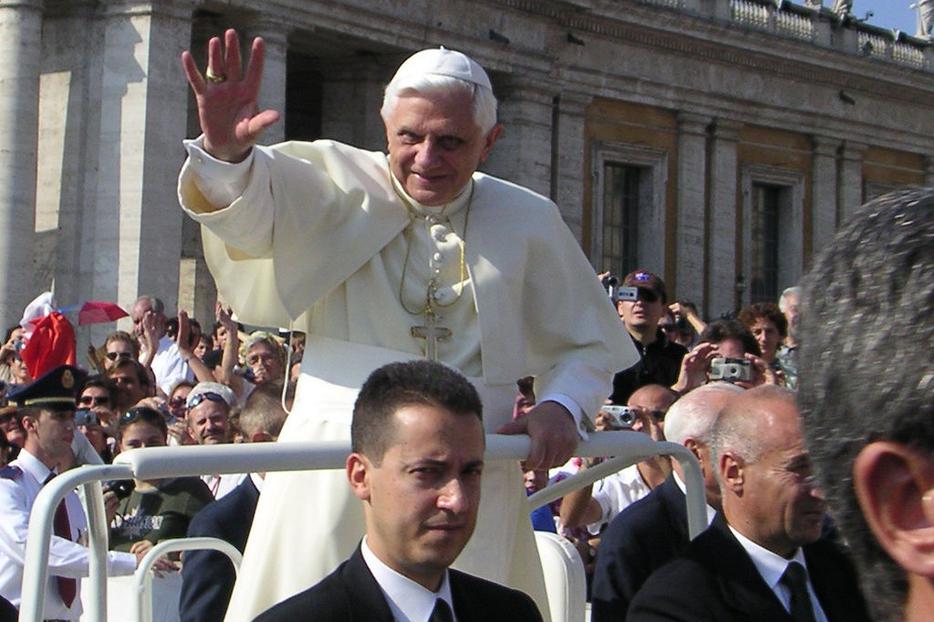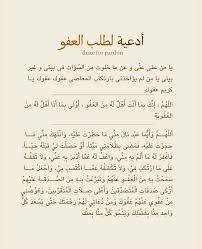
Introduction
Pope Benedict XVI, who served as the leader of the Roman Catholic Church from 2005 until his resignation in 2013, remains a pivotal figure in contemporary Christianity. His tenure was marked by both profound theological insight and controversial decisions that shaped the Church’s direction. Understanding his contributions and teachings is vital for both followers and scholars examining the evolution of Catholicism in the modern world.
The Leadership of Pope Benedict
Born Joseph Ratzinger in Germany, Pope Benedict was known for his profound commitment to traditional Catholic doctrine. His papacy emphasized the importance of faith in a rapidly secularizing world. He initiated various initiatives aimed at addressing the challenges of modernity while reaffirming the Church’s moral teachings. For instance, he convened the Synod on the Word of God in 2008, highlighting the biblical foundations of Christianity in a time when scriptural understanding is often questioned.
Controversies and Challenges
Despite his efforts to modernize the Church’s image, Pope Benedict faced substantial criticism. His handling of the clergy sexual abuse crisis, for instance, drew scrutiny, with many arguing that he did not take sufficient action against offending priests. Furthermore, his remarks on Islam and other religious traditions were sometimes perceived as provocative, sparking debates about interfaith dialogue. These incidents have left a complex legacy that his successors continue to navigate.
A Lasting Influence
After his resignation, Pope Benedict chose to live within the Vatican, a unique situation for a former pope. His continued theological work and writings have greatly influenced the current generation of Catholic thinkers and leaders. He remains active in the discussion surrounding contemporary issues such as bioethics, secularism, and the role of religion in public life. In 2023, the Vatican celebrated the 10th anniversary of his resignation with reflections on his contributions, demonstrating that his influence endures even in retirement.
Conclusion
Pope Benedict XVI’s legacy within the Catholic Church encapsulates the struggles and triumphs of faith in the modern era. His teachings, while sometimes controversial, have undoubtedly left an indelible mark on the Church’s approach to contemporary challenges. As the Catholic Church continues to face ongoing issues, the principles and insights of Benedict’s papacy will likely remain relevant for future discussions on faith, morality, and the role of the Church in society.






